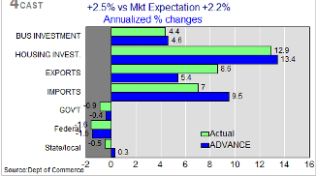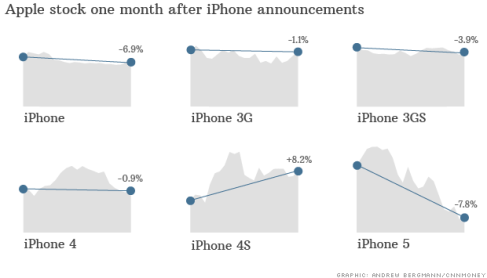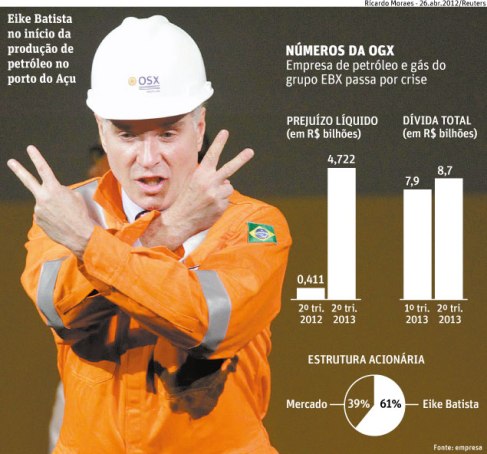AL JAZEERA
Draft resolution to be tabled later today will demand “all necessary measures” to protect civilians.
Britain will submit a draft resolution to the UN Security Council condemning suspected chemical attacks in Syria, demanding “all necessary measures” to protect civilians.
The announcement came as the United States and its allies pressed their case for likely military action against President Bashar al-Assad’s regime, despite stern warnings against intervention from Damascus’ key allies Russia and Iran.
“We’ve always said we want the UN Security Council to live up to its responsibilities on Syria. Today they have an opportunity to do that,” Cameron said via Twitter.
UN Secretary General Ban Ki-moon also urged the Council to unite for peace.
However, UN-Arab League special envoy for Syria, Lakhdar Brahimi, said that any international military action in Syria
could be carried out only after it has been approved by the UN Security Council.
“I think international law is clear on this. International law says that military action must be taken after a decision by the Security Council,” he told reporters in Geneva.
The UK Prime Minister’s office earlier on Wednesday said that the evidence clearly indicated the forces of President Bashar al-Assad had carried out such an attack.
“Regime forces were carrying out a military operation to regain that area from the opposition at the time; and there is no evidence that the opposition has the capability to deliver such a chemical weapons attack,” the UK statement said.
“They both agreed they were in no doubt that the [government of President Bashar al-Assad] was responsible,” it said.
Syria has denied that it carried out the attack, and challenged world powers to provide evidence that it had done so.
Cameron, who is due to meet his National Security Council later on Wednesday, has also recalled parliament from a summer recess for a debate on the crisis in Syria, where an armed uprising against Assad’s government has now been raging for more than two years.
He confirmed that his government had “not yet taken a decision on the specific nature of [the UK’s] response”, but said that “it would be legal and specific” to the chemical weapons attack.
Meanwhile, UN chemical weapons experts investigating the attack that killed hundreds of civilians in rebel-held suburbs of Damascus made a second trip across the front line to take samples.
A convoy of six vehicles was seen leaving the hotel on Wednesday morning, witnesses said, though it was unclear what the exact destination of the inspectors would be.
The inspectors’ first such visit on Monday was briefly suspended after the UN’s convoy came under sniper fire from unidentified gunmen, though they did visit two field hospitals to collect evidence.
Aid agencies say that at least 355 people were killed and more than 3,000 injured in the alleged chemical weapons attack in the Damascus suburb of Ghouta on August 21.
The resumption of inspections comes as the British Prime Minister and US President Barack Obama said they were “in no doubt” that the Syrian government carried out the chemical weapons attack on civilians in Damascus, according to a statement from the UK PM’s office.
Russia denies US claim
Russian Foreign Minister Sergei Lavrov, meanwhile, has told US Secretary of State John Kerry that his country rejects the US claim that the Syrian government was behind the alleged chemical weapons attack, the Russian Foreign Ministry said on Wednesday.
In a phone call on Tuesday, Lavrov also told Kerry of Moscow’s concern that the situation was undermining diplomatic efforts to end the crisis, as expectations grow of Western military action against Assad’s regime.
“John Kerry put forward judgments which he said were based on information from reliable sources and according to which the Syrian government is to blame for the incidents with the probable use of chemical weapons,” the Russian foreign ministry said in a statement.
This argument was rejected by Sergei Lavrov, who put forward the corresponding position of the Russian side.”
Lavrov said Moscow wanted an objective and substantive exchange of information on the evidence of chemical attacks in Syria.
“Moscow is, as before, particularly worried about the dangerous and already clear line towards a conscious undermining by a number of countries of the conditions for a political-diplomatic solution to the conflict,” the statement added.
Meanwhile, in a phone conversation with Lakhdar Brahimi, the joint UN-Arab League envoy, the Foreign Ministry said Lavrov warned that any military intervention in Syria would destabilise the entire region.
On Tuesday, US Vice-President Joe Biden became the highest ranking US official to accuse Syria’s government of having carried out the attack, asserting that there was “no doubt” that the government was “responsible for this heinous” act.
Also on Tuesday, Chuck Hagel, the US Defence Secretary, repeated previous statements that US forces were now positioned to strike Assad’s forces should the decision to take military action be made.







